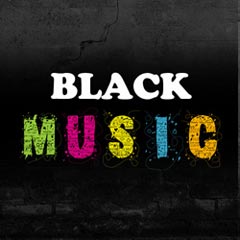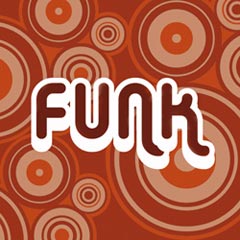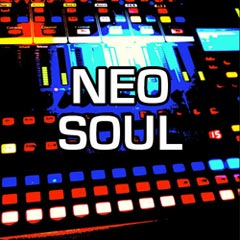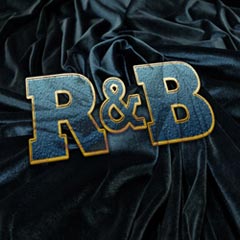Gangsta
Gangsta Music: A Powerful Genre That Gives Voice to the Streets
Hip hop music has always been an outlet for expressing the realities of life in urban communities. Among the many sub-genres that have emerged from it, gangsta rap and drill stand out for their gritty, raw, and visceral lyrics that delve into themes of crime, poverty, and gang culture. These sub-genres provide a unique insight into life on the streets, stripped of any gloss or glamour, laying bare the harsh realities of an environment where violence and poverty are prevalent. In this blog post, we'll take a closer look at gangsta music and explore the power that lies behind its controversial and thought-provoking lyrics.
Gangsta rap and drill can be described as protest songs that came out of the challenges faced by African Americans in the aftermath of the Civil Rights Movement. These sub-genres of hip hop music gained popularity in the 1990s as a powerful tool for expressing frustration, anger, and outrage over systemic poverty and police brutality. For instance, gangsta rap icon Tupac Shakur's Changes and NWA's F*** tha Police are among the most influential songs that highlighted the hardships of Black Americans and criticized police brutality.
The gritty lyrics of gangsta music often depict the harsh realities of life on the streets. They give voice to the struggles and frustrations of people who are trapped in poverty, violence, and drug abuse. Gangsta rap and drill also offer an alternative way for gang members to express their feelings and experiences, which are rarely heard in mainstream media. These sub-genres provide a means for individuals to describe their life experiences accurately, even when they're not pretty, and share them with a broader audience who might not understand the realities of their urban environment.
Gangsta music is known for its controversial lyrics that often tackle the themes of prostitution, drug dealing, and gang culture. Some critics argue that this sub-genre exploits violence and reinforces negative stereotypes about African American communities. However, supporters of gangsta music, such as rapper Ice Cube, counter that these songs are merely a reflection of real-life experiences and challenges in urban areas. They also argue that gangsta music offers a powerful message about the need for change at a societal level by bringing attention to police brutality, poverty, and other social issues.
Despite the criticism, gangsta music continues to be a popular sub-genre of hip hop. It offers a voice to a community that is often ignored or silenced. It speaks to the streets, and the people who feel hopeless and unheard, and offers a powerful message of solidarity and resistance. As rapper Nas once said: Hip hop is the voice of this generation. Even if you didn’t grow up in the Bronx in the 70s, hip hop is there for you. It has become a powerful force. Hip hop binds all these people, all these nationalities, all these races together.
Gangsta music, in all its gritty, controversial, and powerful lyrics, represents an outlet for the marginalized voices of urban communities. While it may not be appreciated by everyone, it offers a unique perspective into the challenges faced by African Americans and other urban individuals grappling with life in poverty, violence, and drugs. Ultimately, gangsta music is about creating a dialogue, calling for change, and giving voice to the voiceless. It is a testament to the transformational power of music as a force for social change and progress.
These bands could be of your interest:






